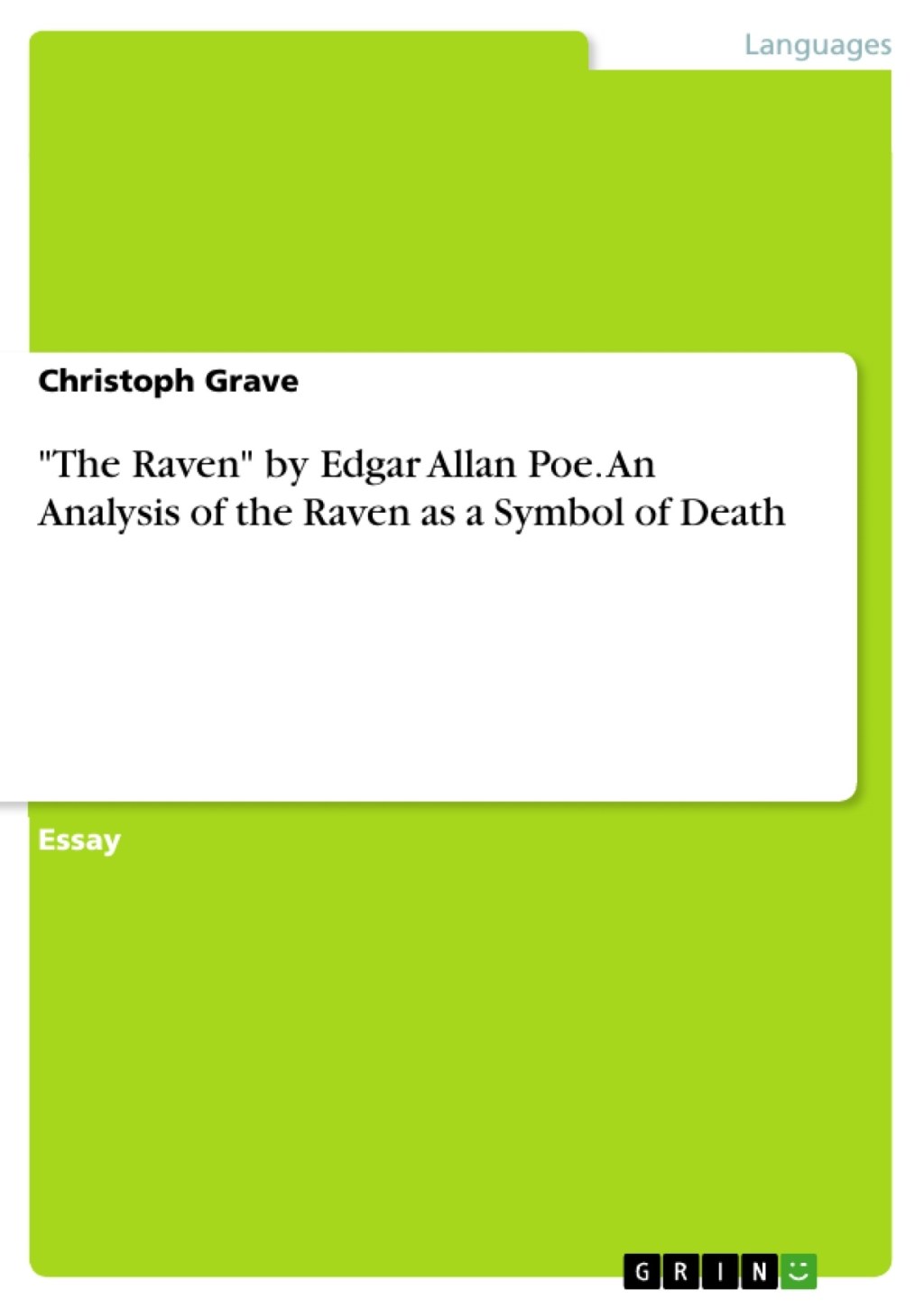Unraveling The Raven: Decoding The Narrator’s State Of Mind In Exquisite Detail – Click To Reveal
Characterize the Narrator’s State of Mind in The Raven
Introduction
Welcome, Raven Enthusiasts, to a deep exploration of the narrator’s state of mind in Edgar Allan Poe’s famous poem, The Raven. This intriguing piece of literature has captivated readers for generations, and understanding the narrator’s mental state is crucial to interpreting the poem’s meaning. In this article, we will delve into the various aspects that characterize the narrator’s state of mind, providing you with valuable insights and a deeper appreciation for Poe’s masterful storytelling.
2 Picture Gallery: Unraveling The Raven: Decoding The Narrator’s State Of Mind In Exquisite Detail – Click To Reveal


In this comprehensive analysis, we will examine the what, who, when, where, why, and how of the narrator’s state of mind, highlighting both its advantages and disadvantages. Additionally, we will address frequently asked questions and provide a compelling conclusion that encourages action. So, let us embark on this journey into the depths of the narrator’s psyche and unravel the mysteries of The Raven.
What Characterizes the Narrator’s State of Mind?

Image Source: docsity.com
The narrator’s state of mind in The Raven is marked by intense grief and despair. The loss of his beloved Lenore consumes him, plunging him into a state of deep sorrow. The poem begins with the narrator reading a book in an attempt to distract himself from his anguish. However, the arrival of the raven sparks a series of emotions that further characterize his fragile mental state.
🔍 The narrator’s grief and despair permeate every line of the poem, portraying a mind tormented by loss.
The Effects of Grief on the Narrator

Image Source: openpublishing.com
Grief takes its toll on the narrator, manifesting in various ways throughout the poem. One notable effect is the narrator’s obsession with the raven, which becomes a symbol of his mourning. The presence of the raven exacerbates his sorrow, as it serves as a constant reminder of his loss. Additionally, the narrator’s mind becomes consumed by dark and morose thoughts, leading to a heightened sense of hopelessness and despair.
🔍 The narrator’s obsession with the raven showcases the profound impact grief has on his state of mind.
The Role of Isolation in the Narrator’s Mental State
Isolation plays a significant role in shaping the narrator’s state of mind. He is alone in his chamber when the raven visits, highlighting his solitude and lack of human connection. This isolation intensifies his grief and heightens his vulnerability to the raven’s influence. The absence of companionship further isolates him within his own thoughts, amplifying his despair.
🔍 Isolation compounds the narrator’s grief, contributing to his fragile mental state.
The Power of Imagination and Delusion
The narrator’s state of mind is also characterized by his vivid imagination and moments of delusion. As he interacts with the raven, he begins to project his own thoughts and emotions onto the bird, attributing deeper meaning to its repetitive response of Nevermore. This blending of reality and imagination illustrates the narrator’s descent into madness and showcases the fragility of his mental state.
🔍 The narrator’s imagination and delusion add layers of complexity to his state of mind, blurring the lines between reality and his own perceptions.
The Influence of Fear and Anxiety
Fear and anxiety grip the narrator, further contributing to his troubled mental state. The raven’s ominous presence and cryptic responses evoke a sense of dread, feeding into the narrator’s already heightened emotions. The fear of the unknown, coupled with the uncertainty surrounding his own mental stability, compounds his anxiety and adds a sense of unease to the poem.
🔍 Fear and anxiety deepen the narrator’s mental turmoil, intensifying his state of mind.
The Battle Between Rationality and Irrationality
The narrator’s state of mind is a battleground between rationality and irrationality. He tries to reason with the raven, seeking answers to his questions. However, his attempts at logical discourse are met with the irrational repetition of Nevermore. This clash between reason and irrationality highlights the narrator’s internal struggle and the disintegration of his sanity.
🔍 The battle between rationality and irrationality underscores the narrator’s deteriorating state of mind.
Advantages and Disadvantages of the Narrator’s State of Mind
The narrator’s state of mind in The Raven presents both advantages and disadvantages. Understanding these aspects provides valuable insights into the poem’s themes and enhances the reader’s interpretation. Let us explore the pros and cons of the narrator’s mental state in more detail:
Advantages of the Narrator’s State of Mind
1. Enhanced Emotional Depth: The narrator’s intense grief and despair evoke a profound emotional response from readers, immersing them in the poem’s themes of loss and mourning.
2. Symbolism and Allegory: The narrator’s state of mind allows for the exploration of symbolism and allegory, as his mental state reflects broader themes such as the fragility of the human mind and the nature of grief.
3. Atmospheric Tension: The narrator’s anxiety and fear add a layer of suspense and tension to the poem, keeping readers engaged and captivated by the unfolding narrative.
4. Psychological Exploration: Through the narrator’s state of mind, Poe delves into the complexities of the human psyche, offering readers a glimpse into the depths of the human condition.
5. Artistic Expression: The narrator’s mental state serves as a vehicle for Poe’s artistic expression, allowing him to convey powerful emotions and create a hauntingly beautiful work of literature.
Disadvantages of the Narrator’s State of Mind
1. Difficulty in Interpretation: The narrator’s fragmented thoughts and delusions can make the poem challenging to decipher, requiring careful analysis to unravel its true meaning.
2. Unreliable Narrator: The narrator’s deteriorating mental state raises questions about the reliability of his account, leaving room for uncertainty and multiple interpretations.
3. Unsettling Atmosphere: The intense emotions and dark themes may unsettle some readers, making it a challenging read for those seeking lighter or more uplifting literature.
4. Limited Perspective: The narrator’s fixation on his own grief limits his perspective, potentially overshadowing other elements of the poem and narrowing its overall scope.
5. Emotional Drain: The narrator’s overwhelming sadness and despair can be emotionally draining for readers, requiring a certain level of emotional resilience to engage with the poem fully.
Frequently Asked Questions
1. Q: Why is the narrator so obsessed with the raven?
A: The narrator’s obsession with the raven stems from its symbolic representation of his grief and loss. It becomes a tangible reminder of his pain and a vessel for his emotions.
2. Q: Does the raven have a deeper meaning?
A: The raven holds various interpretations, symbolizing death, the narrator’s descent into madness, and the inevitability of grief. Its presence adds layers of complexity to the poem.
3. Q: Does the narrator find closure at the end of the poem?
A: The poem leaves the narrator in a state of perpetual mourning, without explicit closure. His final realization that he will never be free from grief adds to the overall sense of despair.
4. Q: Can the narrator’s mental state be seen as a metaphor for something larger?
A: Yes, the narrator’s mental state can be seen as a metaphor for the universal human experience of grappling with grief, loss, and the fragility of the human mind.
5. Q: What is the significance of the repetition of Nevermore?
A: The repetition of Nevermore emphasizes the narrator’s inability to find solace or escape from his grief. It reinforces the theme of loss and underscores the futility of seeking answers in the face of mortality.
Conclusion
Exploring the narrator’s state of mind in The Raven provides a profound understanding of the poem’s themes and symbolism. The intense grief, isolation, and vivid imagination that characterize the narrator’s mental state add depth and complexity to the narrative. By analyzing the advantages and disadvantages of his state of mind, we gain a deeper appreciation for the emotional depth and psychological exploration that Poe achieves. As you revisit The Raven with this newfound knowledge, may you uncover new layers of meaning and appreciate the timeless beauty of this literary masterpiece.
Final Remarks
Disclaimer: It is important to note that the analysis of the narrator’s state of mind in The Raven is subjective and open to interpretation. Different readers may derive various meanings from the poem, and no single interpretation is definitive. The purpose of this article is to provide insights and perspectives, encouraging further exploration and discussion of Poe’s profound work.
This post topic: Raven



